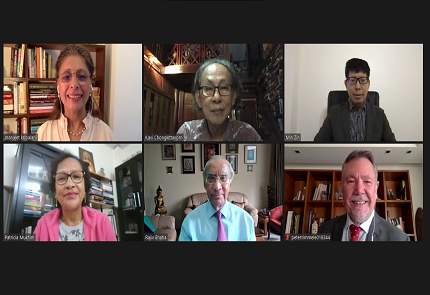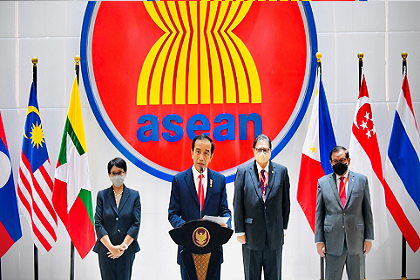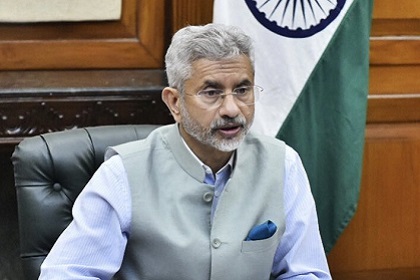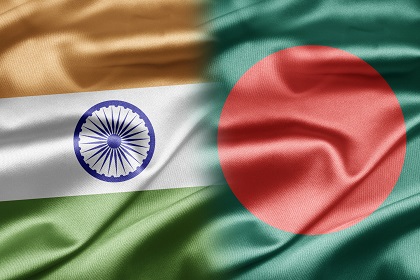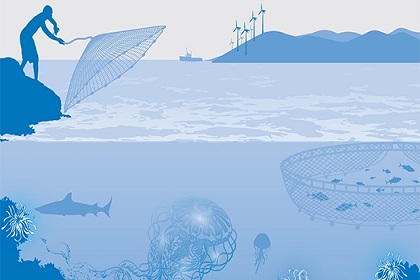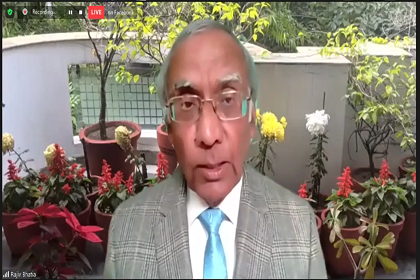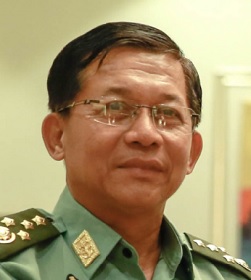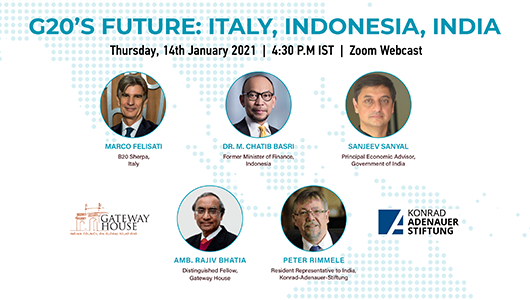Myanmar: Hundred days after the coup
We hosted a webcast with Konrad-Adenauer-Stiftung on, Myanmar: Hundred days after the coup on 13 May 2021 at 5:30 PM IST. This webcast discussed the conflict in Myanmar, the pulse of the protesters’ fight for democracy, the ominous presence of China as well as Russia and multilateral measures that the neighbouring countries including India can take towards restoring democratic processes in Myanmar.

